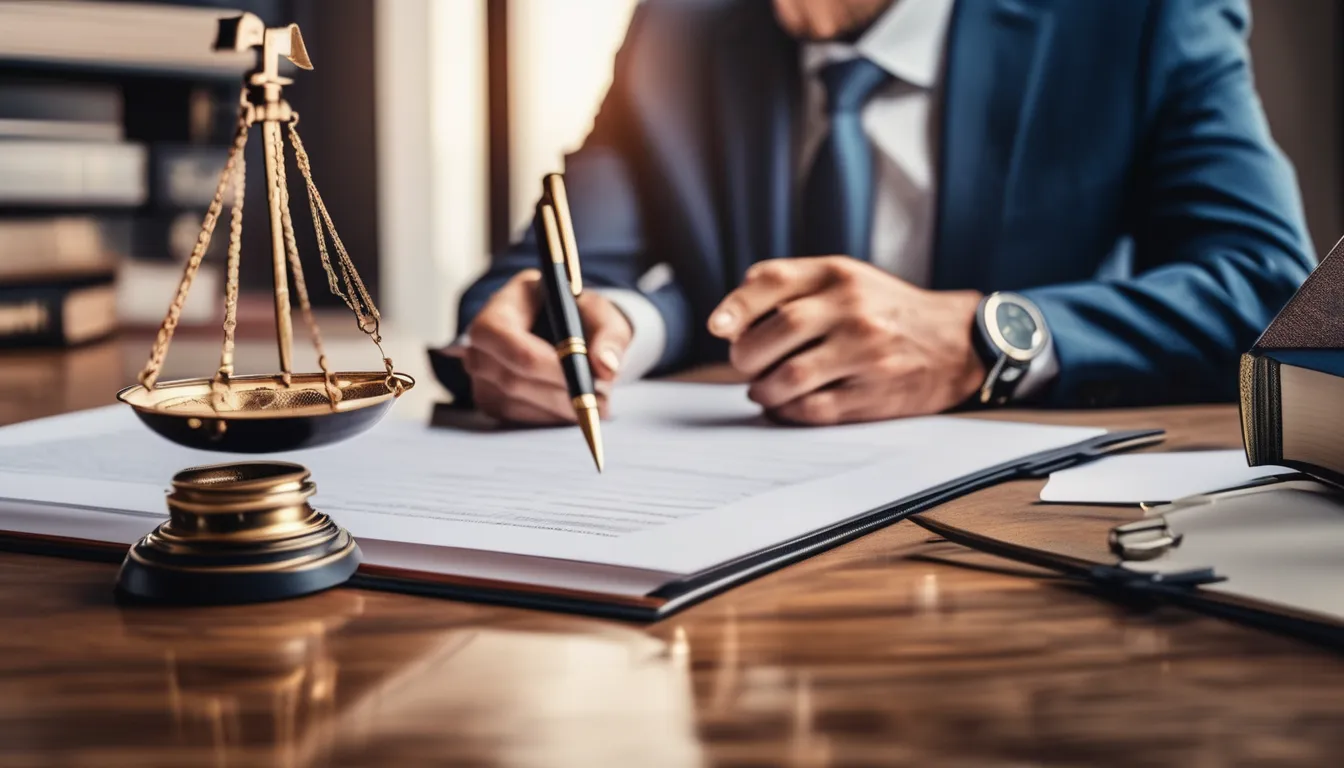Litigation Strategies How Brisbane Lawyers Prepare Your Case

When you’re facing a legal challenge, understanding how Brisbane lawyers prepare your case can significantly impact the outcome. They start by dissecting the essentials of your situation, ensuring they grasp every detail. From gathering evidence to crafting persuasive arguments, these professionals are methodical in their approach. Effective communication with you is key, as it fosters collaboration throughout the process. But there’s more to their strategy—certain tactics can make all the difference in court. Curious about what those tactics are and how they might affect your case?
Understanding Your Case Basics
Understanding the basics of your case is crucial for effective litigation. You need to grasp the key facts, legal principles, and potential outcomes before diving into the legal process.
Start by identifying the main issues at stake. What’re the specific claims and defenses? Understanding the core of your case helps you communicate clearly with your lawyer and ensures that you’re both on the same page.
Next, familiarize yourself with the relevant laws and regulations that apply to your situation. This knowledge will empower you to engage more actively in your case and make informed decisions.
It’s also essential to recognize the strengths and weaknesses of your position. Be honest about any potential challenges you might face; this will allow you and your lawyer to strategize effectively.
Evidence Gathering Techniques
Gathering evidence is a critical step in building a strong case. You’ll need to employ various techniques to collect the necessary information that supports your claims. Start by identifying relevant documents—these can include contracts, emails, and invoices. Make sure you obtain copies and keep them organized for easy access.
Next, witness statements can be invaluable. Reach out to individuals who may have observed the events in question or have relevant expertise. Conduct interviews to gather their accounts and ensure you document their statements accurately. Video and audio recordings can also be effective, so consider whether any exist related to your case.
You should also utilize physical evidence. This might involve photographs of the scene, items related to the incident, or even expert analyses that can bolster your position.
Don’t overlook the importance of digital evidence. Social media posts, text messages, and other electronic communications can provide crucial insights.
Lastly, consult with your lawyer to determine if any subpoenas or formal requests for information may be necessary to gather evidence that’s in the possession of third parties. By being thorough and methodical, you’ll lay a solid foundation for your case.
Developing Legal Arguments
Once you’ve gathered the necessary evidence, the next step is to construct compelling legal arguments that clearly articulate your position. This process involves analyzing the facts, identifying relevant laws, and determining how they apply to your case.
Start by outlining the key points you want to make, ensuring each argument logically follows from the evidence you’ve collected.
You’ll want to anticipate potential counterarguments as well. Addressing these objections proactively strengthens your position and demonstrates thorough preparation.
Use clear, concise language to present your arguments, avoiding legal jargon that might confuse the reader or judge.
It’s crucial to make your case relatable and accessible. Consider how your arguments resonate with the values and principles of the legal system.
Tailor your approach based on the audience, whether it’s a judge, jury, or opposing counsel.
Client Communication Strategies
Effective communication is the cornerstone of a successful attorney-client relationship. As a client, you’ll want to ensure that you and your lawyer are on the same page throughout the litigation process. Your lawyer should establish clear, open lines of communication from the outset, detailing how and when you can reach them. This means setting expectations around response times and preferred communication methods, whether that’s via email, phone, or in-person meetings.
Regular updates are crucial. Your lawyer should keep you informed about the progress of your case, explaining legal jargon in a way that makes sense to you. Don’t hesitate to ask questions or express any concerns; a good lawyer values your input and will encourage you to participate actively in your case.
Additionally, be proactive about providing necessary information and documentation. The more thorough and timely you are, the better equipped your lawyer will be to represent your interests.
Pre-Trial Preparations and Tactics
As you and your lawyer build a solid communication foundation, it’s important to turn your attention to pre-trial preparations and tactics. This phase is crucial in shaping the direction of your case.
You’ll begin by gathering all relevant evidence, including documents, witness statements, and expert opinions. Your lawyer will guide you on what’s necessary, ensuring you leave no stone unturned.
Next, you’ll want to identify key witnesses and prepare them for their testimonies. This involves coaching them on what to expect during questioning and helping them understand the importance of their role.
Your lawyer will also strategize on how to counter the opposing party’s arguments, anticipating their moves and prepping you for possible scenarios.
Mock trials or depositions can be beneficial, allowing you to practice your responses and gain confidence. Your lawyer will refine your narrative, ensuring it aligns with the evidence and resonates with the judge or jury.
Lastly, discussing settlement options is vital. You’ll weigh the pros and cons of pursuing a settlement versus going to trial, ultimately making informed decisions together.
Pre-trial preparations set the stage for success, so take this phase seriously.
Conclusion
In conclusion, effective litigation strategies are essential for a successful case outcome. By understanding your case basics, gathering evidence, developing solid legal arguments, and maintaining clear communication, Brisbane estate administration lawyers ensure that you’re well-prepared. With thorough pre-trial preparations and tactics, you can approach the courtroom with confidence. Trust that your legal team is dedicated to navigating the complexities of your case, allowing you to focus on what matters most while they handle the legal intricacies.



